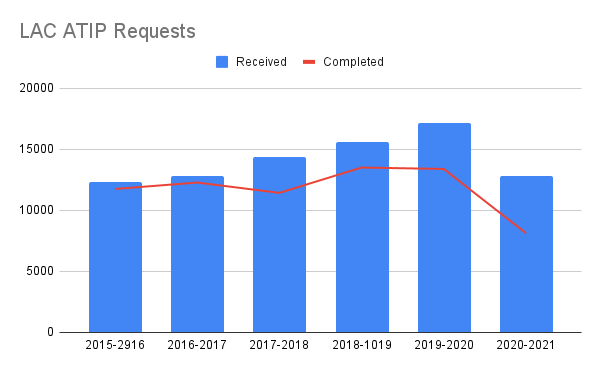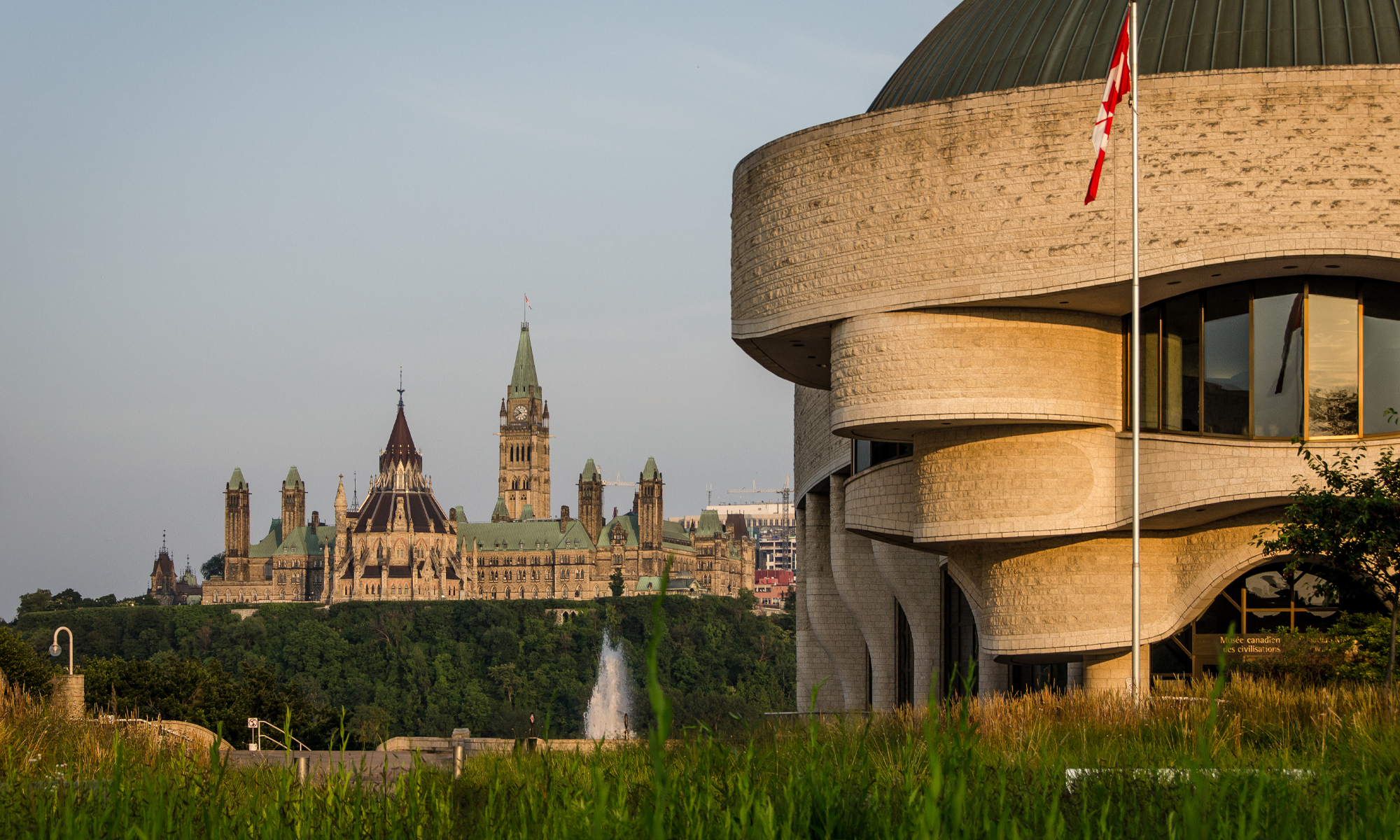Are you waiting patiently, or impatiently, for a substantive response from LAC to a request for information? Frequently I hear researchers expressing frustration over long delays, the situation was mentioned in a webinar I attended on Tuesday evening.
Library and Archives Canada Annual Report on the Access to Information Act: 2020–2021, published in January, details the situation for that period in context.
Requests received grew for four years from 2015-2016 until declining in the 2020-2021 (pandemic) year, notably at the start of the year. Overall, the number completed did not keep pace so the backlog grew from 2,885 to 16,922 — 586 percent.
During 2020-2021 urgent requests related to medical benefits, social services, class actions, legal proceedings, and other urgent circumstances were prioritized. That would not include applications for genealogical and historical research, thus the delay.
Forty-two percent of requests in 2020-2021 (3,529) were identified as being from the public, as distinct from media, organizations, businesses (private sector) and academics. An additional 30% were not identified so it seems likely over half the requests were from individuals pursuing their family history. Six in every seven of the public requests were informal, and 90% of informal requests were for Canadian Armed Forces and Canadian Public Service Records. The bulk of our community applications will be a low priority.
In January 2021 the Information Commissioner initiated a complaint against LAC regarding its ongoing failure to provide timely access to information. An official report on the investigation is expected to be completed in the 2021-2022 fiscal year (by the end of March.)
UPDATE
Media Relations for the Information Commissioner informs that the report will now be coming out in April 2022.
WHAT TO DO
If you have a request pending, re-submit as a “formal” request and pay the $5 application fee. This will prioritize your request since LAC has a legal obligation to provide an answer and the documents within 30 days. If applying for a Second World War service record, familiarize yourself with the access conditions for making a “formal” request for the file.
If you are dissatisfied with services at LAC in meeting legislated timelines, write to your MP.
Your local or provincial family history/genealogical society likely has an advocacy mandate. If so, encourage your society to lobby for service improvements. Better still, like-minded societies whose members have encountered long delays in accessing archival records might partner to bring their collective concerns to senior management at LAC and the political level.
COMMENT
The report Library and Archives Canada Annual Report on the Access to Information Act: 2020–2021 is full of detail, a model of openness. It should be linked with similar LAC reports.
UPDATE
I’m told by Media Relations from the Information Commissioner that the report will now be coming out in April 2022.




 There’s good news in the following responses from the Media Relations team to questions posed to LAC.
There’s good news in the following responses from the Media Relations team to questions posed to LAC. Gena Philibert-Ortega has produced an entirely new edition of this 68-page publication from Moorshead Magazines.
Gena Philibert-Ortega has produced an entirely new edition of this 68-page publication from Moorshead Magazines.  The deadline is now past for presentation proposals for the 24-26 June 2022 OGS/Ontario Ancestors conference hosted by Ottawa Branch. Program lead Gloria Tubman informs me invitations to chosen speakers will be sent in the next week.
The deadline is now past for presentation proposals for the 24-26 June 2022 OGS/Ontario Ancestors conference hosted by Ottawa Branch. Program lead Gloria Tubman informs me invitations to chosen speakers will be sent in the next week.